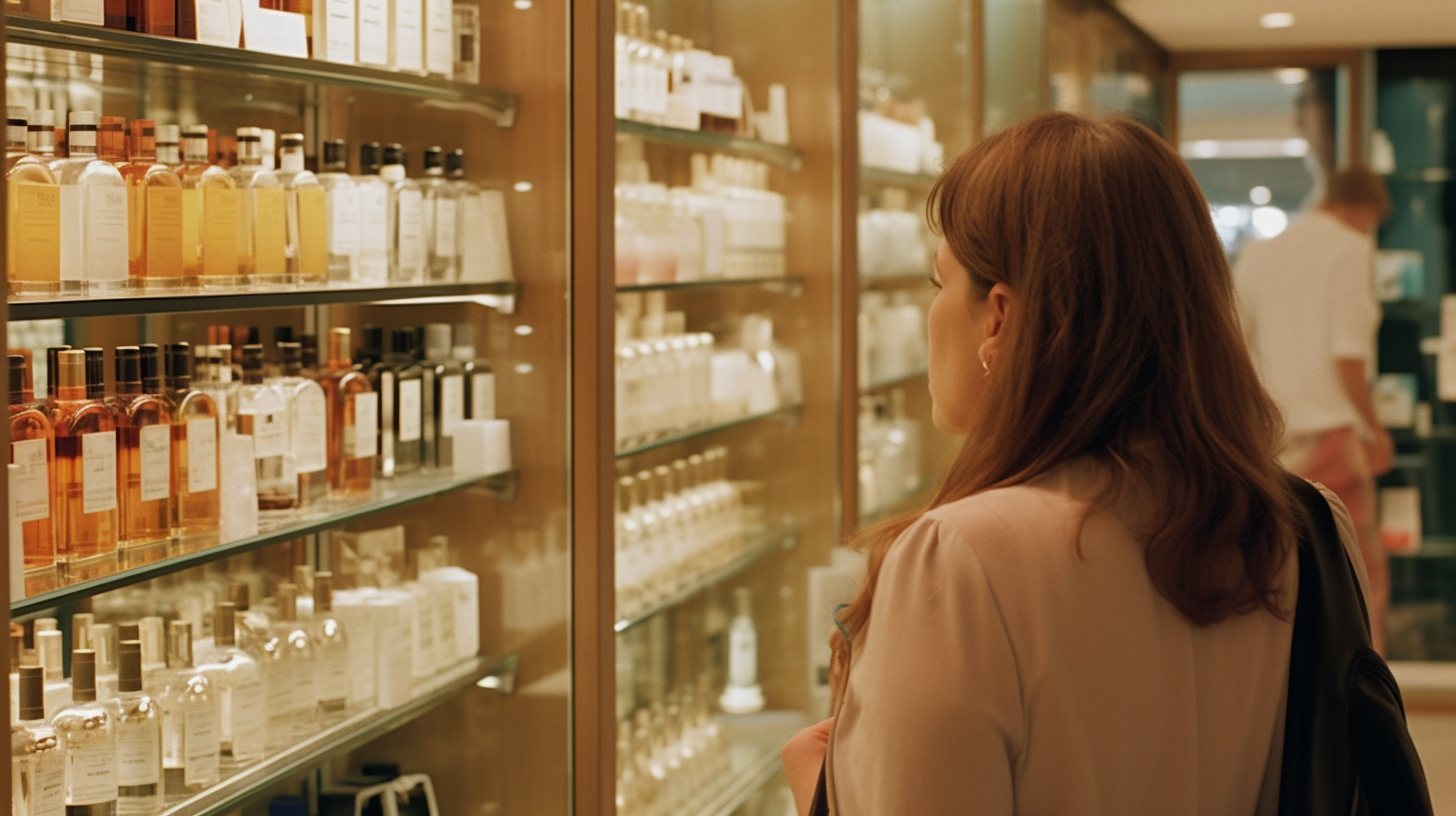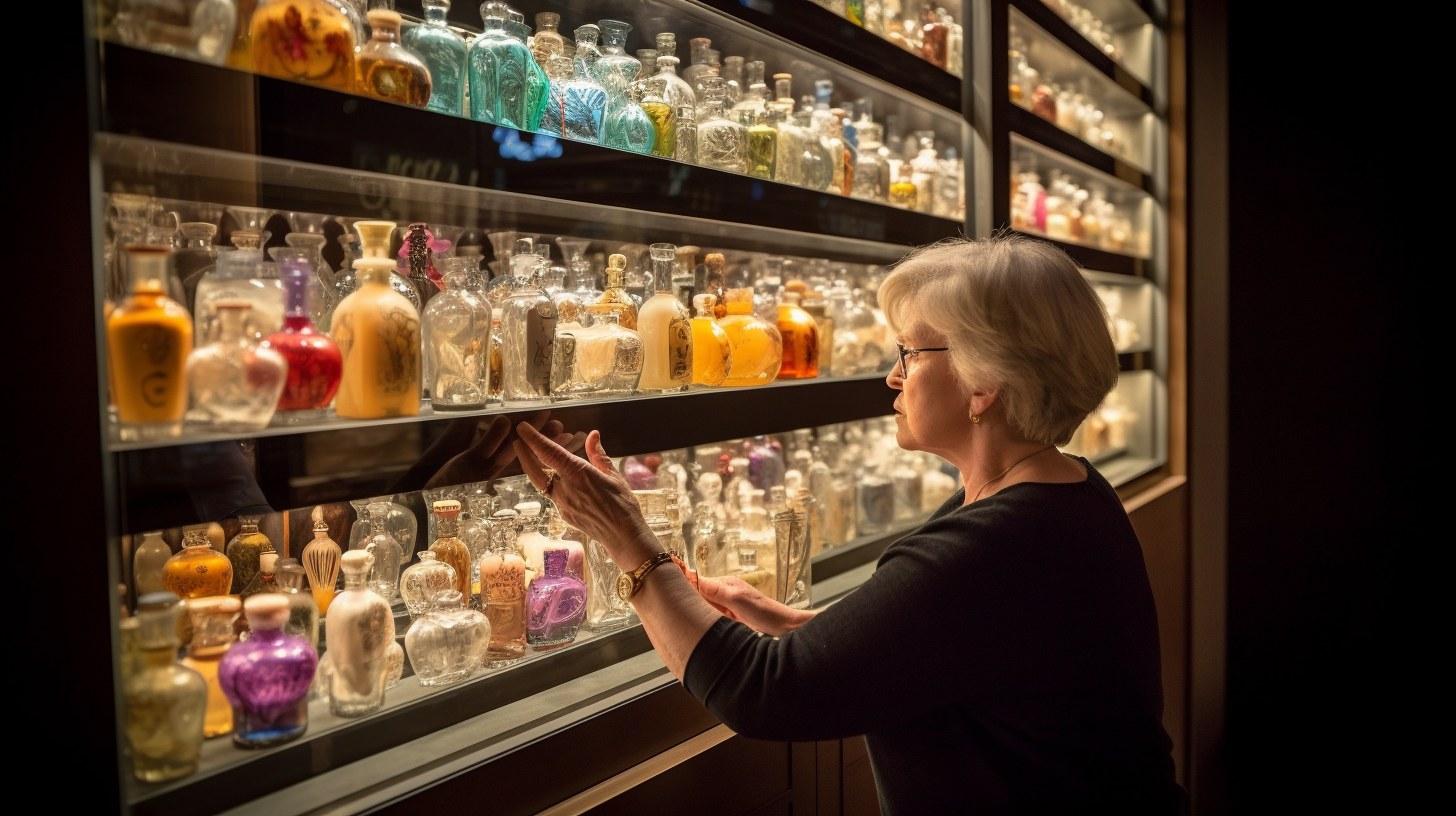Discovering the Fascinating History of Ancient Perfume-Making Techniques
Perfume has been a part of human culture since ancient times, and its history is as fascinating as the scents themselves. From the early use of plant extracts to the development of more complex and sophisticated techniques, the art of perfume-making has evolved over time, reflecting changes in society, culture, and technology.
Ancient Perfume-Making Techniques
The primary keyword for the topic could be “perfume making in ancient times” or “ancient perfume making techniques”. The art of perfumery dates back to ancient times when people used fragrant plants, herbs, and resins to create perfumes and scented oils. The ancient civilizations of Egypt, Greece, and Rome are well-known for their use of perfumes and aromatics in religious ceremonies, medicine, and personal grooming.
In ancient times, perfume-making was a complex process that involved extracting essential oils from botanicals through various methods such as distillation or enfleurage. These oils were then combined with other ingredients such as animal secretions or aromatic resins to create unique fragrances that were used for various purposes such as beauty rituals or healing practices.
The Benefits of Ancient Perfume-Making Techniques
Ancient perfume-making techniques have several benefits that make them unique and valuable in today’s world. For one thing, these techniques are all-natural and rely on plant-based ingredients rather than synthetic chemicals. This makes them safer and healthier for both humans and the environment.
Furthermore, ancient perfume-making techniques provide a deeper connection to history and culture. By recreating the scents of the past using traditional methods, we can gain a better understanding of our ancestors’ lives and traditions. This can also be a way to preserve cultural heritage by keeping alive traditional knowledge about perfumery.
The Challenges of Ancient Perfume-Making Techniques
While ancient perfume-making techniques have many benefits, they also present several challenges. One of the biggest challenges is the lack of access to traditional ingredients. Many of the plants and herbs used in ancient perfumery are rare or endangered, making it difficult to obtain them sustainably.
Another challenge is the complexity of the process itself. Ancient perfume-making techniques require a deep understanding of plant chemistry and extraction methods, which can be time-consuming and labor-intensive. This makes it challenging for modern perfumers to recreate ancient scents using traditional methods.
Practical Tips and Solutions
Despite these challenges, there are still practical tips and solutions that can help modern perfumers explore the world of ancient perfume-making. Here are some ideas:
- Research traditional ingredients: Learn about the plants, herbs, and resins used in ancient perfumery and find sustainable sources for them.
- Experiment with extraction methods: Try different methods such as distillation, enfleurage, or maceration to extract essential oils from botanicals.
- Collaborate with experts: Work with botanists or historians who have expertise in traditional perfumery to gain a deeper understanding of the process.
- Create new blends: Use traditional ingredients as a base for creating new fragrances that reflect both ancient and modern sensibilities.
The Future of Ancient Perfume-Making Techniques
Ancient perfume-making techniques have a bright future as more people seek out natural, sustainable alternatives to synthetic fragrances. By combining traditional knowledge with modern technology and innovation, we can create new scents that are both timeless and relevant.
The history of perfume-making is a fascinating journey that takes us through the ages, from ancient times to the present day. By exploring the techniques, ingredients, and cultural significance of perfumery, we can gain a deeper appreciation for this art form and its impact on human history.
Conclusion
Ancient perfume-making techniques offer a unique window into the past, providing us with insights into the lives and traditions of our ancestors. By learning about these techniques and experimenting with them, we can not only create beautiful fragrances but also preserve cultural heritage and promote sustainability. Whether you are a perfumer or simply interested in history and culture, ancient perfume-making is a fascinating subject that is worth exploring.




